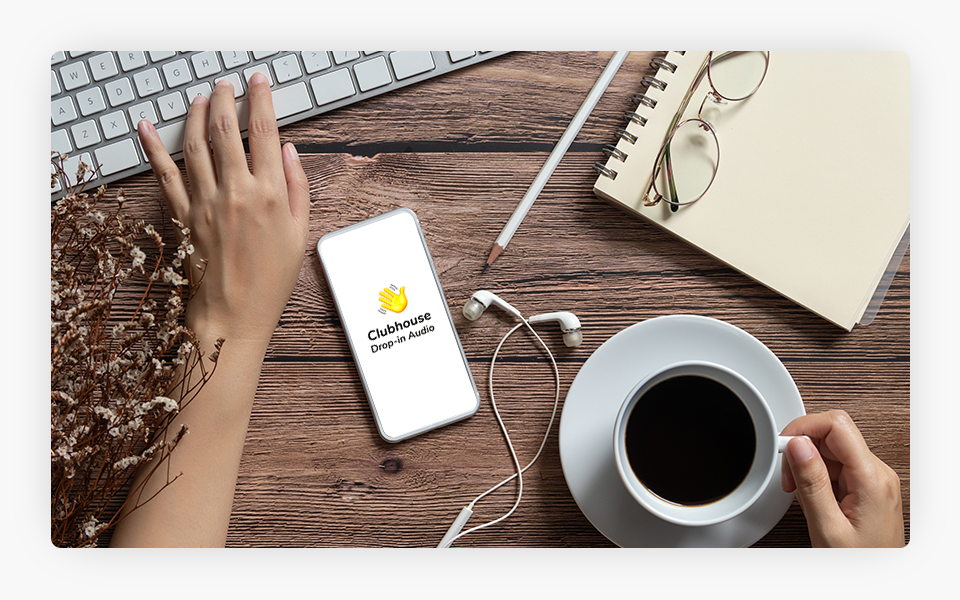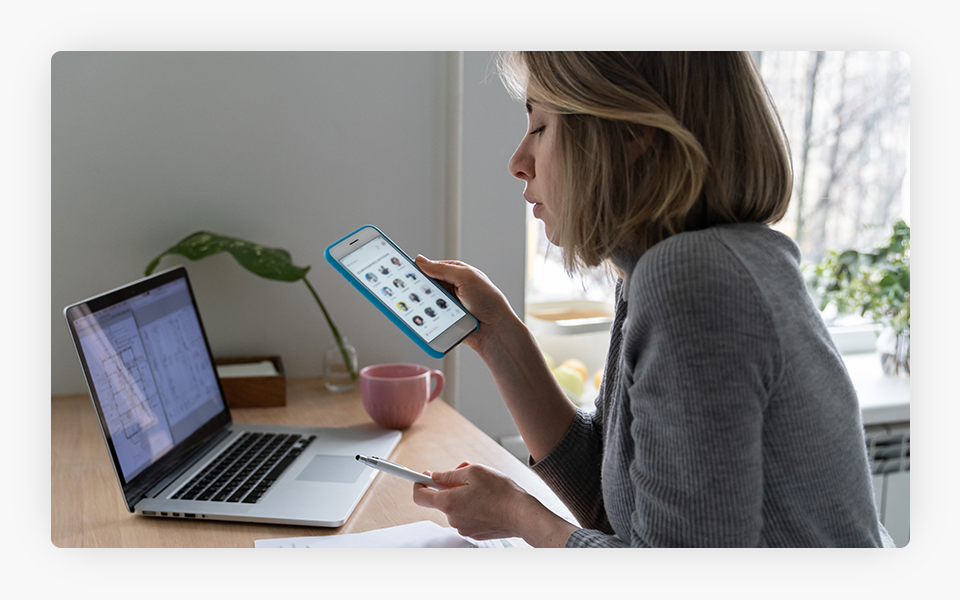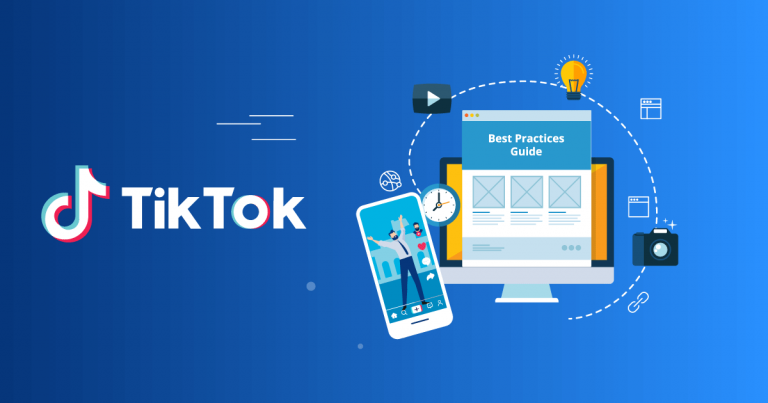We can’t send you updates from Justia Onward without your email.
Unsubscribe at any time.
Clubhouse is a new social network that has achieved accelerated growth in a short time. Whether this is due to its invitation-only exclusivity, the FOMO phenomenon, or simply because it is easy to listen to while multitasking, the fact remains that Clubhouse is becoming both a major social hub and a great tool for increasing exposure.
Once in a while, new social networks appear in our lives. Some social networks go largely unnoticed while others gain momentum only to fall into irrelevance. Only a select few social networks have managed to attract attention, grow rapidly, and take hold. However, the latter seems to be the case with Clubhouse.
Clubhouse is a new social network that is the talk of the town thanks to its exclusive membership scheme, unique audio format, and widespread adoption by entrepreneurs and celebrities, with more signing on every day. The app has achieved a rapidly accelerating growth rate.
The proof is in the numbers. The app launched between March and April 2020 with just 1,500 users and a valuation of $100 million. Almost a year later, in February 2021, its user base had grown 2 million and the app was valued at $1 billion. Last week, Clubhouse raised another round of funding and was valued at $4 billion. What has been achieved by Clubhouse is so relevant that Twitter has launched its own version of a live audio platform, Spaces, and other competitors are waiting in the wings. Spotify acquired Locker Room and Facebook is preparing to enter the space later this summer.
The growth of Clubhouse becomes even more interesting when you take into account that it is an application still technically in its Beta stage, is only available to iPhone users, and – perhaps most curiously of all – is only open to users with an invitation (although at this point, invitations are plentiful). Notably, instead of receiving a traditional invitation, you can also reserve your username to be put on a waiting list where your contacts on Clubhouse will be notified you want to be let in without an invite. Furthermore, while an Android version is apparently on its way, the roughly 71% of the world that uses an Android device has been entirely left out of the conversation thus far.
How Does Clubhouse Work?

Clubhouse is 100% based on audio. Everything that happens in the application is carried out through voice conversations and chats on diverse topics in real-time. There are no written messages and no texts to read. All communication happens through informal talks that virtually any user can access.
Think of it as if you walked into a restaurant full of tables where different people are discussing different topics. However, instead of sitting at a table with only the person who invited you, you can choose which table you sit at. You can listen to the conversations and perhaps even participate in the discussion.
Conversations on the app occur in real-time and are ephemeral. That is, once the conversation is over it can no longer be accessed. The talks are not permanently recorded and the Community Guidelines expressly stipulate recording conversations is prohibited. However, it is important to be aware that Clubhouse makes a temporary recording of talks to allow investigation into any reported incidents that may occur during a discussion. These recordings are deleted if no incidents are reported or, in the case of an incident, after the investigation.
Also, while recordings are not allowed per the Community Guidelines, it still is very easy for others to record the conversations on their phone, so one should always be aware that what they say is not necessarily going to truly disappear. You can think of Clubhouse recordings as similar to stories shared on Snapchat. It is easy for others to make copies outside of the app.
Clubhouse Rooms
Discussions on the app take place in “Rooms” where people who want to talk and listen on a specific topic gather. The rooms can accommodate different numbers of people. Discussions may be on general topics, such as sports, entertainment, and life advice, or more specialized topics such as politics, law, finance, and more.
Any user can create their own room. Just select “Start a room”, set the topic to be discussed, and invite contacts from the app. Your room will also be listed on the main menu so that other users who have selected that topic within their preferences can find it and join. Once you have joined the room, you can listen to the discussion and request to participate. If for any reason you want to leave the conversation, just click the “Leave quietly” button. Rooms and their topics can also be created and scheduled in advance. This allows interested users to include conversations on their calendars and avoid missing out on talks.
Another interesting aspect of Clubhouse is the creation of groups or clubs that bring together users with the same interests, which is a great way to network and meet people with similar tastes. These clubs can organize and schedule their talks so that members can participate.
Can Clubhouse Be Useful for Lawyers?

If you are wondering whether this new social network can be useful for you and your legal practice, the simple answer is YES. Whether you engage as a passive participant who only listens to conversations or as an active user commenting in discussions or moderating your own rooms, Clubhouse offers several benefits that you can take advantage of.
- Expand your legal knowledge. The topics discussed in rooms on Clubhouse are so diverse that you may attend talks on important topics, such as changes in legislation in your practice area or state, courtroom etiquette, legal marketing or promotion tips, and more. These forums can help you gain insight into diverse points of view and better adopt best practices that set your firm up for success.
- Create a network of contacts. By completing your profile and actively participating in different rooms and discussions, you can establish relationships with various people who may be seasoned legal professionals, new lawyers, or even law students. Your colleagues may invite you to continue chatting about the subject, may invite you to another room that is of interest to you, or may even ask you to moderate a scheduled talk. As you build your reputation with colleagues on the app, you may even start to receive new referrals from them on matters they know you are well-equipped to handle.
- Share your opinions and expertise. Whether you do it from the audience or as a moderator, the platform gives you the perfect opportunity to demonstrate your knowledge and expertise in various areas. You can share your opinions and build your reputation as an authority in key areas. Given the varied backgrounds of users on Clubhouse, there will always be something you can contribute to the discussion. Moreover, you will have the opportunity to become a virtual mentor of sorts to young attorneys and law students who are starting on their professional journeys.
- Connect with potential clients. Participating in conversations, demonstrating your knowledge, and building credibility with the audience not only brings you closer to your colleagues in the legal community but also allows you to connect with potential clients. Users may be in certain rooms seeking a greater knowledge of the law or even help with their legal issues. What you say and how you say it in this forum can result in great, positive exposure for you and your law firm. To connect with potential clients even more directly, you can create a room to have an informational discussion about your key practice areas, such as estate planning or immigration law.
Of course, you must always be mindful of your ethical obligations. You should take all steps necessary to comply with the rules and guidelines set forth by your jurisdiction and take care to ensure all participants understand you are not offering formal legal advice through this forum.
Drawbacks of Clubhouse
The growth of Clubhouse makes it clear that it is gaining mainstream acceptance. However, as is the case with anything, there are also drawbacks to the platform and naysayers who do not recommend using it for marketing purposes. Here are a few “cons” of the app to weigh when evaluating whether it is a good fit for you and your firm.
- Clubhouse is one more social network for the list. Since the emergence of social networks, they have been considered a great tool for promoting professional services. However, the adoption of a new social network means that there is yet another activity that must be attended to in addition to your normal workload. However, this disadvantage is not exclusive to Clubhouse, unless you decide to spend large chunks of time creating and moderating chat rooms or clubs.
- Conversations occur in real-time. Lawyers, like many other professionals, are often consumed by their work and cannot always pay attention to what is happening in the app. Thus, you may miss interesting or important topics or requests to join a room. Because talks are often not recorded, you generally cannot catch up later.
But do be aware of what you say. Others might record the conversations even if not technically allowed to do so under the Community Guidelines. If you are participating in conversations, choose your words wisely as there are no do-overs.
- Another place for privacy concerns. Without a doubt, privacy-aware people are also very worried about the privacy policy of yet another app. Clubhouse, like any other social network, makes use of certain types of information and data provided by users or stored on their devices. This information includes contacts, information from other social networks (Twitter and Instagram), internet activity, and more.
Before creating your Clubhouse account, you may want to review the privacy policy and terms of service to learn more about the data collected and how it is used. Notably, most of the information accessed by the app is the same data access by other social networks and apps that you likely already use.
What’s Next?

If you decide you want to give Clubhouse a shot, and happen to have an invitation (if not, check with your friends and family to see if they have any to share), here are some final tips for setting up your account and exploring the platform:
1. Accept your invitation to create your account. Once you have an account, fill out your profile with highly relevant data, such as your profession and areas of expertise. Your profile is not private, so other users will see what you do. This can help you get involved and make the most of collaborations.
2. Select the topics and subtopics that interest you the most, so the app can recommend the best profiles for you to follow and the rooms that you should check out.
3. In the beginning, enter the rooms that interest you to observe how the app works and familiarize yourself with the platform. Once you understand the app, you can begin actively participating in talks to gain exposure and generate contacts.
4. When you participate, do it naturally. Make sure you are providing important information or opinions that are relevant to the topic the audience is there to discuss. Avoid participating just for the sake of doing it. If you don’t contribute value to the conversations, it may hurt your credibility with other users.
5. Join clubs that you find interesting and may learn something from. You may be interested in checking out these popular clubs in the legal industry to get you started: Lawyers SEO Mastermind, Legally Speaking Club, Law and Lawyer Academy, Ask An Attorney, The Successful Lawyer, and Marketing and Social Media for Lawyers.
Final Thoughts: Why Should You Care?
The best way to know if Clubhouse is for you is to test the app and explore all it has to offer. You can learn more about this Platform in this Clubhouse Guide by Social Media Examiner.
You may find that you only want to listen to expert opinions, or that you only want to generate professional contacts by hosting rooms. However, only participation with this new platform can help you ultimately decide how valuable it is as a tool to broaden your knowledge, showcase your experience, and, in time, grow your practice.
